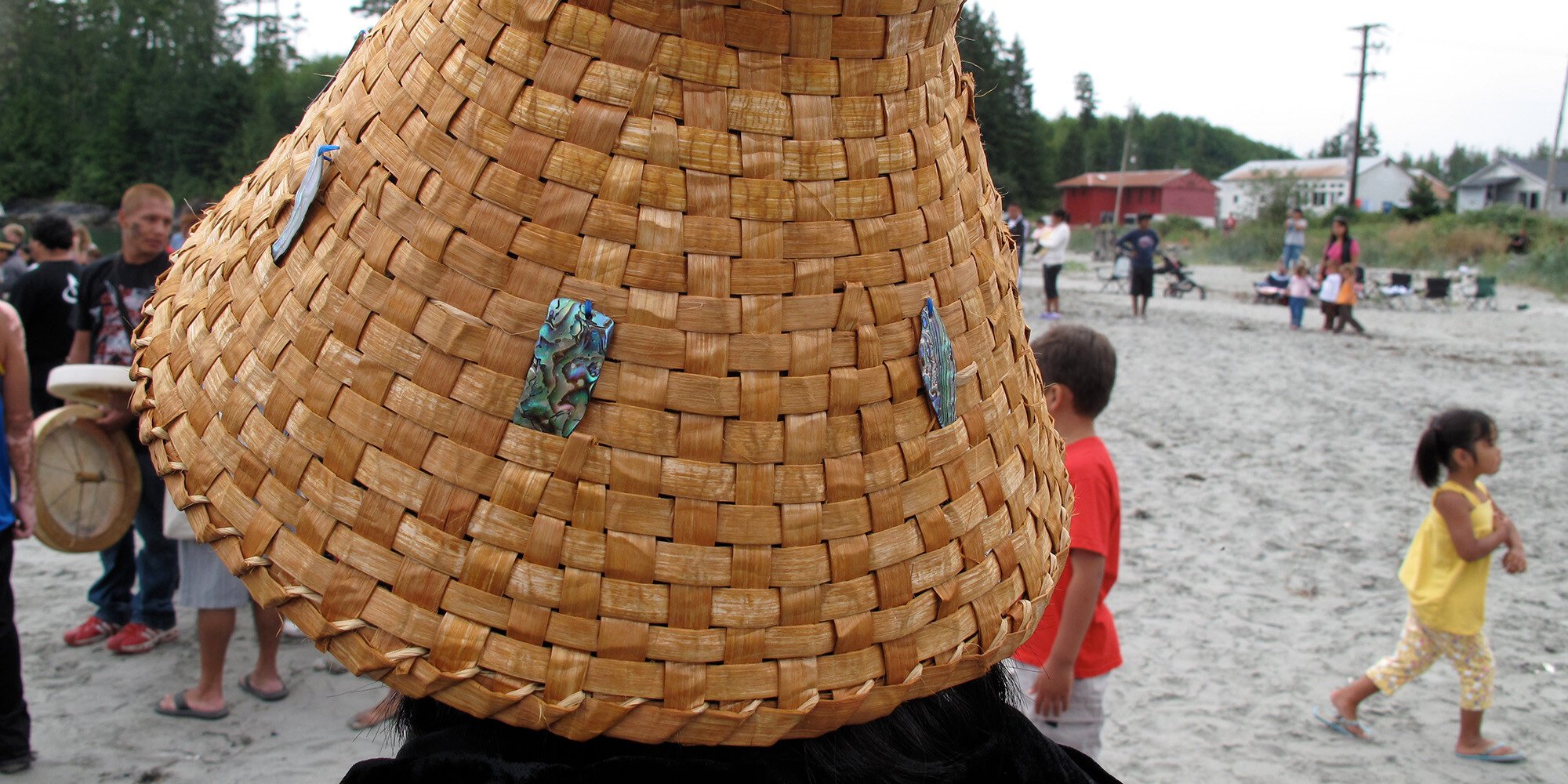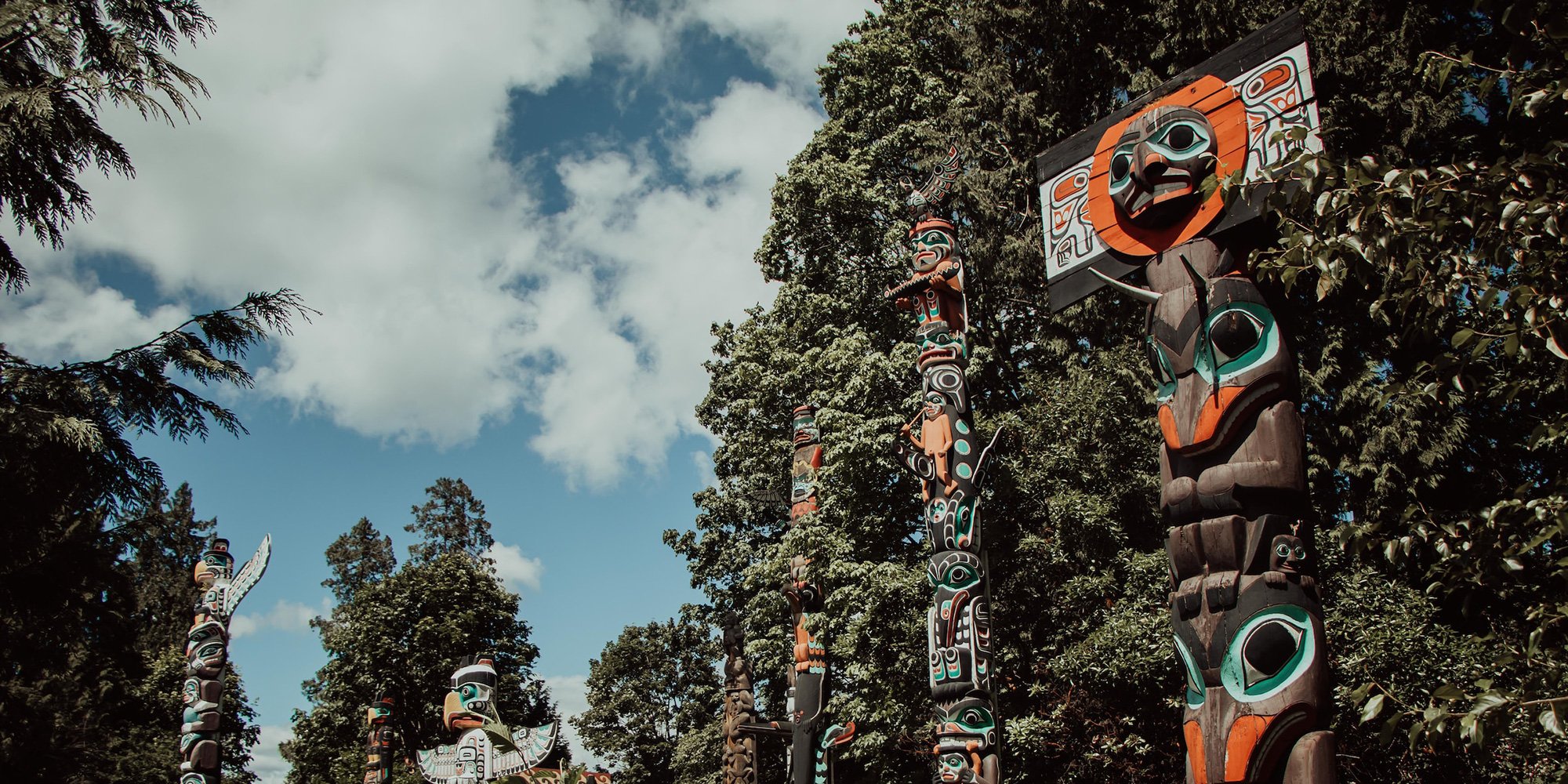First Nations' Relationship to the Land
Indigenous peoples have the right to maintain and strengthen their distinctive spiritual relationship with their traditionally owned or otherwise...

Any individual within a culture is going to have his or her own personal interpretation of the collective cultural code; however, the individual's world view has its roots in the culture - that is, in the society's shared philosophy, values and customs. If we are to understand how Aboriginal and Eurocentric worldviews clash, we need to understand how the philosophy, values and customs of Aboriginal culture differ from those of Eurocentric cultures [1]
The world we live in is multicultural with a corresponding plethora of worldviews. In this article, we provide a definition of "worldviews" and a comparison of Indigenous and Western worldview perspectives. Understanding the core differences between Indigenous worldviews and Western worldviews is an important component in achieving cultural harmony and respectful relationships. We are speaking in very general terms in the description of these differences and are in no way indicating that individual Indigenous cultures share the same worldviews; ditto for generalizations of Western worldviews.
A worldview can pertain to an individual, group, or society. Overall, a worldview is a set of beliefs and values that are honoured and withheld by a number of people. A worldview includes how the person or group interacts with the world around them, including land, animals, and people. Every person and society has a worldview. Many societies pass on their worldview to their children to ensure worldview continuity. As people interact and learn from one another, it is not uncommon for them to acquire the beliefs of other worldviews. Worldviews evolve as people and societies evolve [2]
Leroy Little Bear, professor
The root of the difference between the worldviews is that they generally subscribe to opposite approaches to knowledge, connectedness, and science. Indigenous cultures focus on a holistic understanding of the whole that emerged from the millennium of their existence and experiences. Traditional Western worldviews tend to be more concerned with science and concentrate on compartmentalized knowledge and then focus on understanding the bigger, related picture.
Indigenous worldview: Spiritually orientated society. System based on belief and spiritual world.
Western worldview: Scientific, skeptical. Requiring proof as a basis of belief.
Indigenous worldview: There can be many truths; truths are dependent upon individual experiences.
Western worldview: There is only one truth, based on science or Western-style law.
Indigenous worldview: Society operates in a state of relatedness. Everything and everyone is related. There is a real belief that people, objects and the environment are all connected. Law, kinship and spirituality reinforce this connectedness. Identity comes from connections.
Western worldview: Compartmentalized society, becoming more so.
Indigenous worldview: The land is sacred and usually given by a creator or supreme being.
Western worldview: The land and its resources should be available for development and extraction for the benefit of humans.
Indigenous worldview: Time is non-linear and cyclical in nature. Time is measured in cyclical events. The seasons are central to this cyclical concept.
Western worldview: Time is usually linearly structured and future-orientated. The framework of months, years, days etc reinforces the linear structure.
Indigenous worldview: Feeling comfortable is measured by the quality of your relationships with people.
Western worldview: Feeling comfortable is related to how successful you feel you have been in achieving your goals.
Indigenous worldview: Human beings are not the most important in the world.
Western worldview: Human beings are the most important in the world.
Indigenous worldview: Amassing wealth is important for the good of the community.
Western worldview: Amassing wealth is for personal gain.
It also has been suggested that in any society there is a dominant worldview that is held by most members of that society. Alternative worldviews do exist, but they are not usually held by the majority of society. [4]
We must learn to live together or perish together as fools.
Martin Luther King Jr.
Understanding and respecting the differences in worldviews will help in relationship-building between Indigenous and non-Indigenous people. So, if you ever find yourself in a situation in which you encounter an opposing worldview and are perhaps not quite understanding it, we suggest you open the “curiosity” portal in your mind and try really hard to see across worldviews. This is what is meant by cultural competency.
This is a very brief description of the basic differences between Indigenous Peoples' worldviews and Western worldviews. We encourage readers to do further reading to expand their knowledge of the topics we present on our blog.
[1] John Ralston Saul, The Comeback
[2] Teaching Treaties website
[3] Adapted from Working with Aboriginal Worldviews, Anne Mead
[4] Journal of Indigenous Voices in Social Work
Understanding the historical and ongoing impacts of the Indian Act is a key component for reconciliation. Our book, 21 Things™ You May Not Know About the Indian Act, provides that understanding.
Cedar bark hat of Ahousaht First Nation member worn to celebrate return of A-in-chut (Shawn Atleo), hereditary Chief of the Ahousaht First Nation, who was elected Grand Chief of the Assembly of First Nations. Photo by Ian Gill, Flickr.

Indigenous peoples have the right to maintain and strengthen their distinctive spiritual relationship with their traditionally owned or otherwise...

There are lots of lore and misconceptions about First Nation totem poles. In this article, we address six of the more common misconceptions.

The worldview of many Indigenous Peoples includes the principle of connectivity - that everything in the universe is connected. The spirit world is...